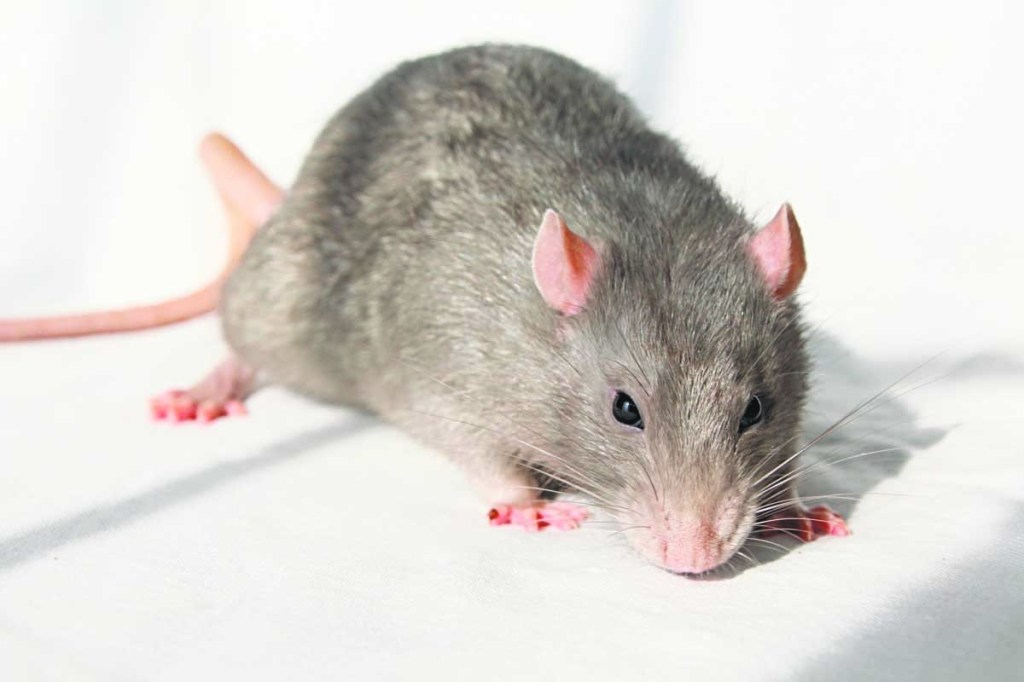Possible cases of rat-borne Seoul virus in state
Published 5:15 am Tuesday, January 31, 2017

- The Centers for Disease Control reports Alabama is among states at risk for cases of rat-borne Seoul virus.
Alabama is among a dozen states with a possible outbreak of Seoul virus — transmitted by rats — after eight confirmed cases in Illinois and Wisconsin.
Trending
The Centers for Disease Control announced last week it was investigating an outbreak of infected rats at several rat-breeding facilities in those two states. As of Monday, no additional infections in people have been reported.
However, the CDC says the following states may residents with infected rats: Alabama, Arkansas, Colorado, Illinois, Indiana, Louisiana, Michigan, Minnesota, Missouri, South Carolina, Tennessee, Utah and Wisconsin.
Seoul virus is a type of hantavirus. People can become infected with this virus after coming in contact with urine, droppings, or saliva of infected rodents.
People that become infected with this virus often exhibit relatively mild or no disease. In rare cases, infection can also lead to a type of acute renal disease called Hemorrhagic Fever with Renal Syndrome (HFRS), which might include low blood pressure, acute shock, and acute kidney failure.
Infections are usually moderate and the vast majority of patients survive. Complete recovery can take weeks or months. Some people do not develop symptoms at all or have very mild symptoms.
Symptoms of the illness caused by Seoul virus usually begin within 1 to 2 weeks after contact with infectious material. Rarely, it may take up to 8 weeks to develop symptoms.
Trending
Rats don’t show symptoms of disease when they are infected. But once infected, rats can continue to shed virus throughout their lives, potentially infecting both other rats and humans.
Currently, the CDC is working with state health authorities to try to locate the rats and any people who may have been exposed to them, and test both people and rats for Seoul virus.
Two CDC epidemiologists are in Illinois and Wisconsin helping trace the virus by tracking the clients who purchased rats from, or were otherwise exposed to, the home rat-breeding facilities. The team is also help trace-back the investigation of facilities where the patient recently purchased rats.
The CDC is also assisting with testing blood samples from people and rats who may be infected with Seoul virus.
All pet owners and people who come in contact with rodents are encouraged to practice healthy habits – handwashing, avoiding bites and scratches, providing routine veterinary care – to keep themselves and their pets healthy.
CDC’s recommends:
* Blood testing for all people who report recent or current illness after handling rats from a facility with laboratory-confirmed Seoul virus infection in either humans or rats or from a facility that sold rats to a facility with Seoul virus infection.
Testing is also offered to persons with exposure to rats from a facility with Seoul virus infection that was confirmed by laboratory testing, or to persons with exposure to rats from a facility that sold rats to a facility with Seoul virus infection but where no illness was reported. All testing should be coordinated with the healthcare provider’s local or state health department.
* People with potentially infected rats should not sell, trade, or release their rats. They should contact their state health department with any questions. Healthcare providers should emphasize the importance of safe animal practices with their patients.
* Health care providers may also consider blood testing of patients with symptoms suggestive of Seoul virus infection and a history of rat contact, regardless of whether there is known interaction with rats or rat facilities with laboratory-confirmed Seoul virus infections.
Tiffeny Owens can be reached at 256-734-2131, ext. 135.
Symptoms:
- Fever
- Headache
- Back and abdominal pain
- Chills
- Nausea
- Blurred vision
- Flushing of the face
- Inflammation or redness of the eyes
- Rash
How do people get infected with Seoul virus?
People can become infected with this virus after coming in contact with urine, droppings, or saliva of infected rodents. When fresh rodent urine, droppings, or nesting materials are stirred up (for example, when vacuuming or sweeping), tiny particles containing the virus get into the air. This process is known as “aerosolization”. You may become infected when you breathe in these contaminated materials. You may also become infected when the urine or these other materials containing the virus get directly into a cut or other broken skin or into your eyes, nose, or mouth. In addition, people who work with live rodents can get the Seoul virus through bites from infected animals. Seoul virus is not known to be spread from person to person.
Source: Centers for Disease Control





